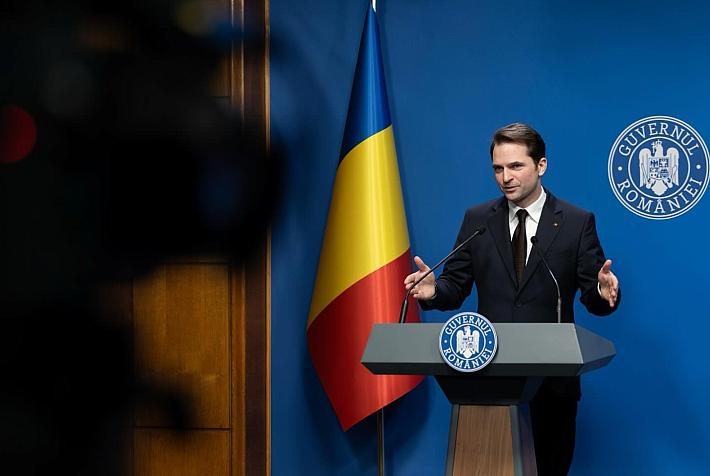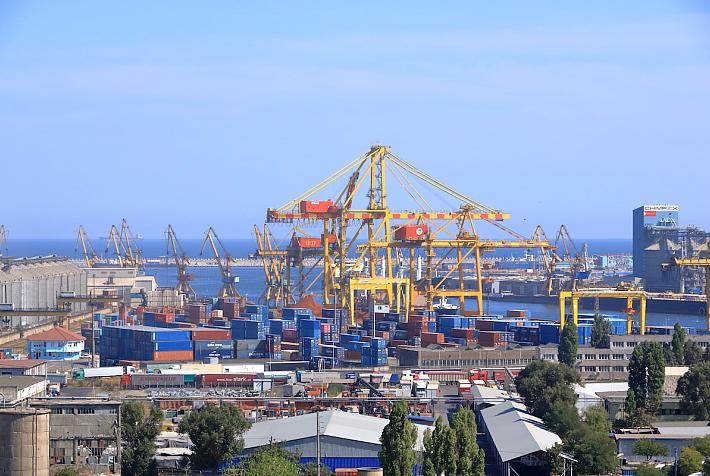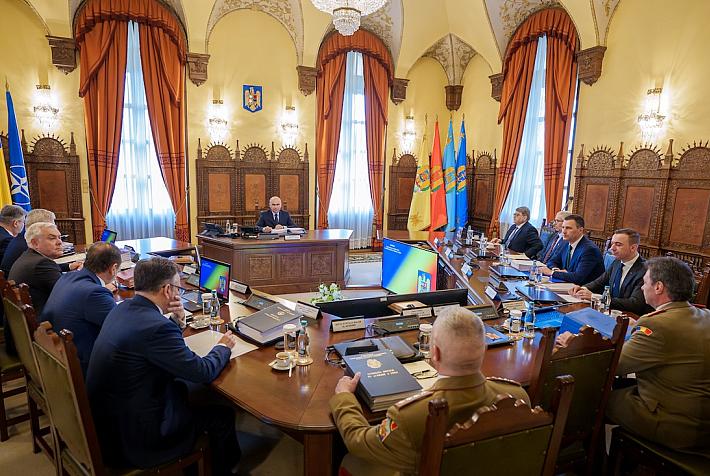(P) Is Romania compliant with the EU legislation regarding money laundering?

A year has passed since Romania should have implemented the EU Directive on the prevention of the use of the financial system for the purposes of money laundering and terrorist financing.
Considering that both money laundering and terrorist financing may occur in a transnational context, the necessity of a common legislation at the level of the European Union, to be in line with nowadays difficulties was very clear.
Therefore, the EU Directive 2015/849 regarding the prevention of the use of the financial system for the purposes of money laundering or terrorist financing has been adopted and subsequently published on the 20th of May 2015.
Despite the fact that all the Member States should have transposed the respective provisions no later than 26th of June 2017, Romania has not yet finalized the necessary procedures in this respect. Currently, only a draft legislation has been prepared.
Given the fact that Romania failed to implement the Directive’s provisions until now, some questions may appear regarding the application of the respective provisions in Romania. One could be: how are the provisions applied by the multinational companies, being present in EU Member states that have already implemented the Directive and in EU Member states that have not yet implemented the Directive?
According to the provisions of the Directive, the legal entities, which are part of a group, are obliged to implement policies and procedures at the group’s level. Therefore, all the branches and majority-owned subsidiaries, from EU Member States and third countries will be subject to the group policies. Nevertheless, the Member States have the possibility to adopt stricter provisions than in the Directive if they consider necessary.
In case the group imposes some limitations, the legislation in the EU Member State where the subsidiary is located might have even stricter provisions, such approach being allowed by the Directive. Thus, in principle, the local company could be obliged to apply stricter provisions than the group policy.
At this moment, the legislation in force in Romania for the prevention of the use of the financial system for the purposes of money laundering and terrorist financing contains more permissive provisions than the new EU Directive. For example, the threshold for which the sellers should report the cash transactions is EUR 15,000 in Romania and EUR 10,000 according to the Directive.
However, as Romania has not yet transposed the provisions of the Directive, the company may invoke the direct effect of the Directive provided that the provision of the Directive is more in line with the company policy.
Nevertheless, the draft legislation, mentions several important changes that might occur in the Romanian legislation. One important amendment could be the importance of the transparency of both legal entities and their transactions.
In this regard, as a response to Panama Papers and to the terrorist attacks that took place, the European Union proposed among other mechanisms, the creation of a centralized registry containing the names of the “real beneficiaries” of all the European legal entities. Thus, the Romanian legislation might be updated such that all entities, including the associations and foundations, should have the obligation to declare the real beneficiaries that should be included in registries such as: the Trade Registry, the Registry of Associations and Foundations. The draft legislation includes the definition of the “real beneficiary” and gives indication with respect of the real beneficiaries in case of companies, associations and foundations, trustees, and other types of entities. The obligation to declare the real beneficiaries is applicable for both existing entities and new entities. The information is used by the authorities but also by the entities when verifying the customers. In addition, such registries should be interconnected at European level, by next year.
Another proposed change is that the legal entities will no longer have the right to issue non-nominative shares, due to reasons of lack of transparency of the shareholding. The identification of the shareholders is essential when implementing measures for the prevention of the use of the financial system for the purposes of money laundering or terrorist financing. Thus, the actual owners of such shares have the obligation to convert them into nominative shares within one and a half year from the entry into force of the new provisions. If not, the respective companies will be dissolved.
Moreover, legal entities that perform sale of goods and services, if the transactions are performed in cash, either in RON or in foreign currency, exceeding EUR 10,000, shall report these transactions to the National Office for the Prevention and Control of Money Laundering within 10 working days. It is not relevant if the transactions are executed through a single operation or through several operations that have a connection between them.
In conclusion, the envisaged legislative framework will support and increase the fight against money laundering and financing of terrorism, creating a more transparent and accurate system. However, it is yet under the question mark the moment in which Romania will approve the implementation of such amendments.
Currently, it seems that Romania is the only state in the European Union that did not transpose, even partially, the European legislative act, which led the European Commission to open the infringement procedure against Romania. The Romanian companies should follow up on the implementation of the Directive in order to update their internal procedures and policies.
Written by Mihaela Hampu-Curca (in picture) and Alexandra Nechita from Mazars Romania.
(P - this article is an advertorial)











